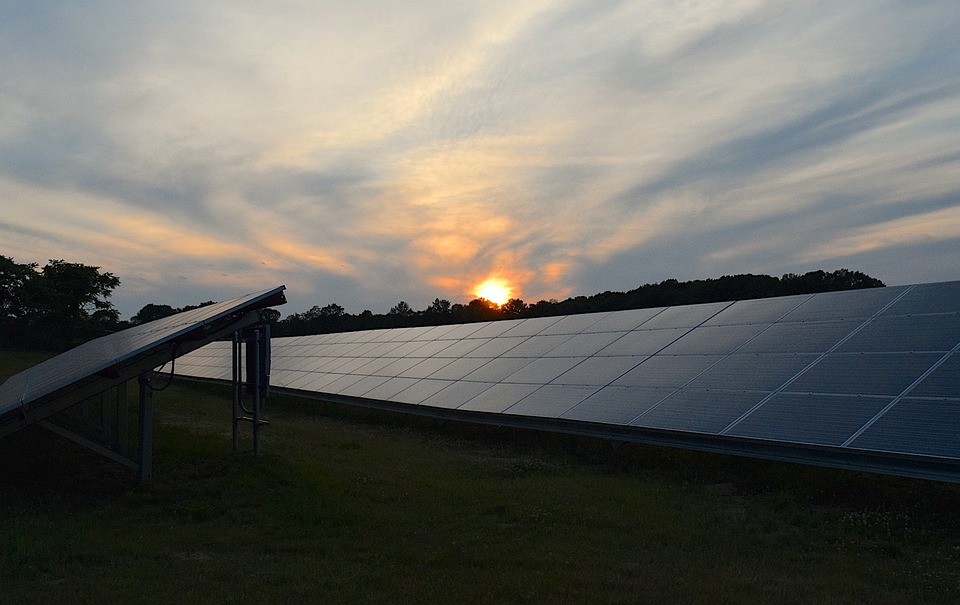The Portland Clean Energy Fund (PCEF) is a voter-approved initiative in Portland, Oregon that aims to address climate change and social justice issues by taxing large corporations and using the revenue to fund clean energy projects and job training programs. But does this fund also tax homebuilders?
Background
PCEF was approved by Portland voters in November 2018 and went into effect in January 2019. The fund imposes a 1% surcharge on large corporations with more than $1 billion in annual revenue and at least $500,000 in Portland sales. The revenue generated from this surcharge is expected to be around $50 million per year and will be used to fund renewable energy, energy efficiency, and job training programs for communities that have been disproportionately impacted by climate change.
Impact on Homebuilders
Homebuilders in Portland are not directly taxed by PCEF. The fund specifically targets large corporations and does not impose any additional taxes on residential construction projects. However, homebuilders may indirectly feel the effects of PCEF through increased costs for building materials and energy-efficient technologies. As the fund incentivizes clean energy practices and renewable energy sources, homebuilders may need to invest more in sustainable building practices to meet PCEF requirements.
Benefits for Homebuilders
While PCEF may lead to increased costs for homebuilders, there are also potential benefits to be gained. By incorporating clean energy practices and technologies into their projects, homebuilders can differentiate themselves in the market and appeal to environmentally conscious consumers. Additionally, investing in energy-efficient building materials and practices can lead to long-term cost savings for homeowners, making sustainable homes more attractive in the long run.
Conclusion
While the Portland Clean Energy Fund does not directly tax homebuilders, it may have indirect impacts on the industry through increased costs and requirements for sustainable building practices. However, there are also potential benefits for homebuilders who embrace clean energy technologies and practices. Ultimately, PCEF aims to create a more sustainable and equitable future for Portland, and homebuilders play a crucial role in achieving this goal.

Kyle Whyte is a notable scholar and professor at the University of Michigan, holding positions such as the George Willis Pack Professor in the School for Environment and Sustainability and Professor of Philosophy. Specializing in environmental justice, his work critically examines climate policy and Indigenous peoples’ ethics, emphasizing the nexus between cooperative scientific endeavors and Indigenous justice. As an enrolled Citizen Potawatomi Nation member, he brings a vital perspective to his roles as a U.S. Science Envoy and member of the White House Environmental Justice Advisory Council. His influential research is supported by various prestigious organizations including the National Science Foundation, and disseminated through publications in high-impact journals. Kyle actively contributes to global Indigenous research methodologies and education, with affiliations to numerous institutes and societies dedicated to traditional knowledge and sustainability. Recognized for his academic and community engagement, Kyle has earned multiple awards and served in various visiting professorships. His efforts extend to leadership positions on boards and committees focused on environmental justice nationwide.
